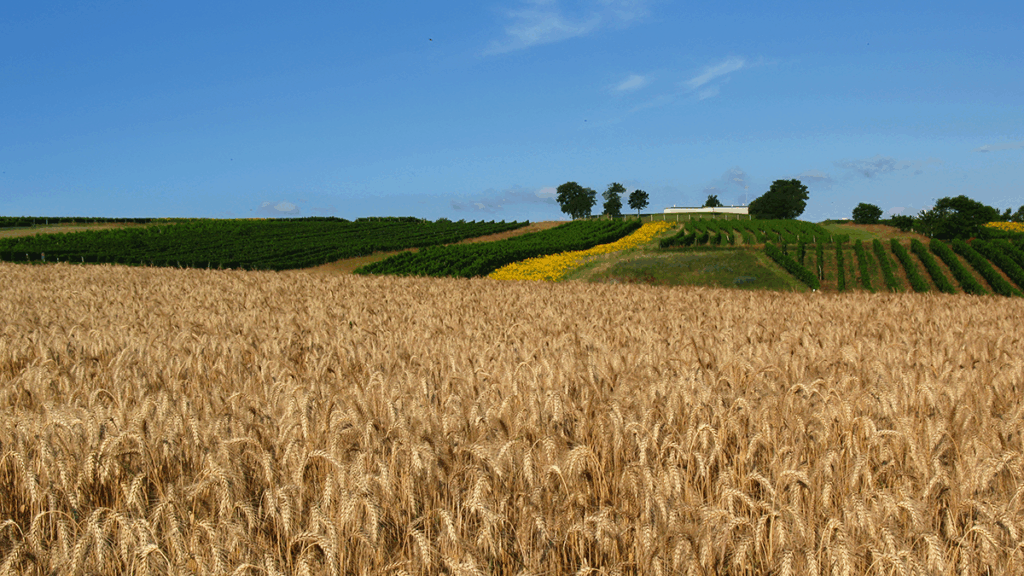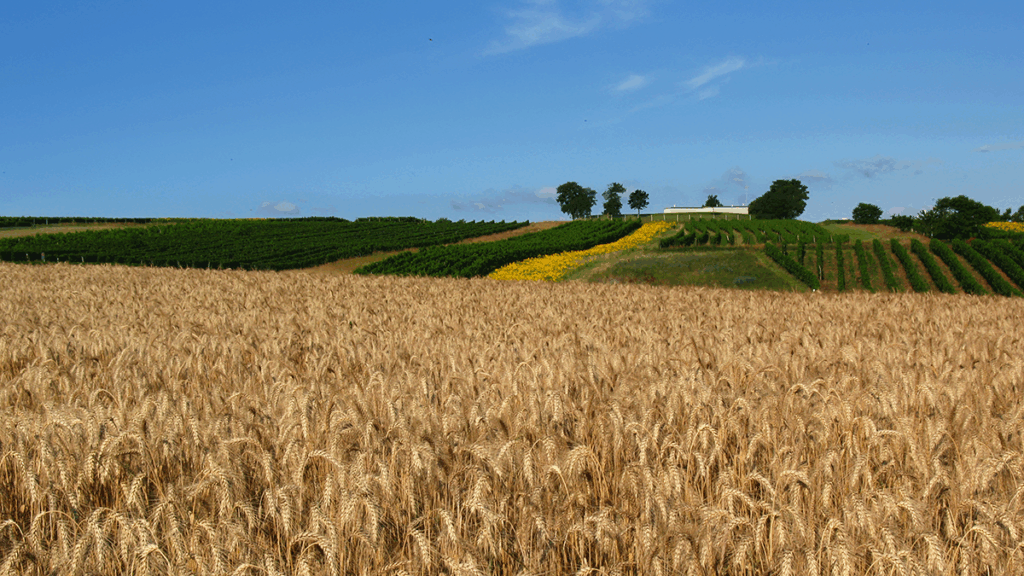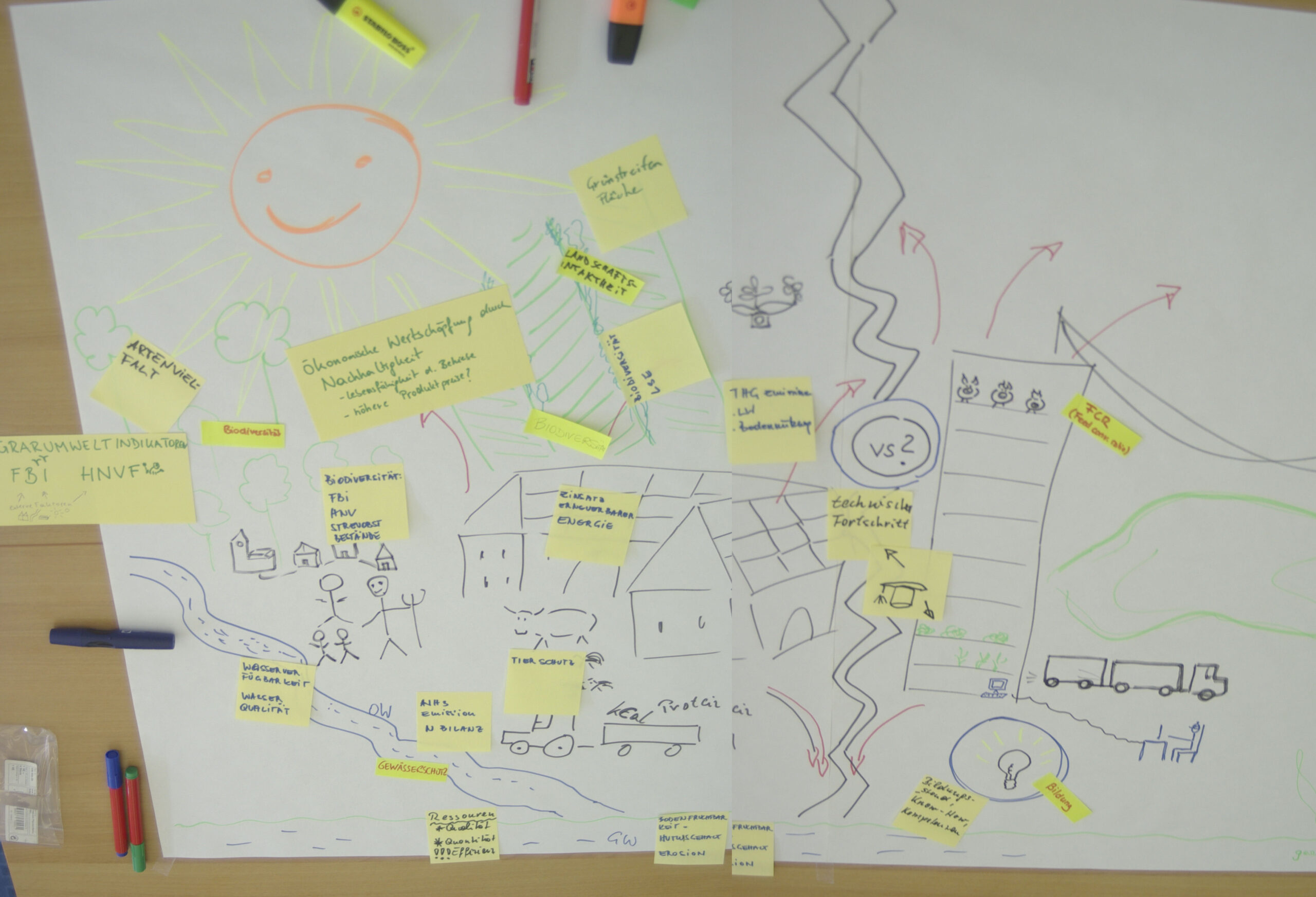

Editors’ Highlights are summaries of recent papers by AGU’s journal editors.
Source: Community Science
Evaluating progress toward sustainable agriculture is essential for assessing a country’s commitment to sustainability but remains highly complex, particularly given the varying socioeconomic conditions and natural endowments of countries worldwide.

A recent study by Folberth et al. [2025] represents one of the first attempts to address the critical challenge of balancing global comparability and national specificity in agricultural sustainability indicators. Leveraging the Sustainable Agriculture Matrix (SAM), an indicator system that provides consistent evaluations across countries, the authors co-evaluate the framework with Austrian stakeholders. This process reveals the limitations of current global indicator systems in capturing context-specific social, economic, and environmental nuances.
The study highlights the value of engaging diverse national stakeholders to identify gaps and proposes strategies to regionalize indicators without compromising global coherence. By advancing methods for co-creating regionally tailored frameworks, this research provides a roadmap for enhancing the relevance and applicability of sustainability assessments worldwide.
Citation: Folberth, C., Sinabell, F., Schinko, T., Hanger-Kopp, S., Lappöhn, S., Mitter, H., et al. (2025). Integrating global comparability and national specificity in agricultural sustainability indicators through stakeholder-science co-evaluation in Austria. Community Science, 4, e2024CSJ000092. https://doi.org/10.1029/2024CSJ000092
—Xin Zhang, Guest Associate Editor, Community Science
Text © 2025. The authors. CC BY-NC-ND 3.0
Except where otherwise noted, images are subject to copyright. Any reuse without express permission from the copyright owner is prohibited.


